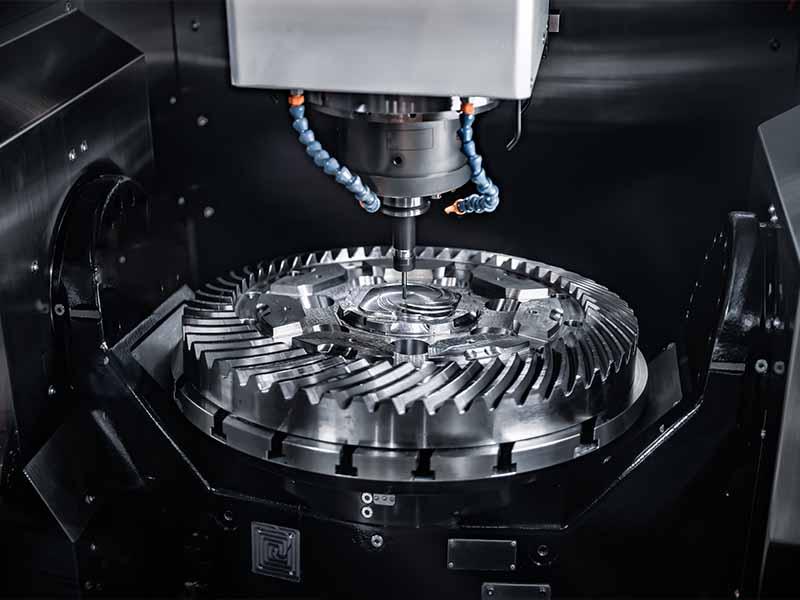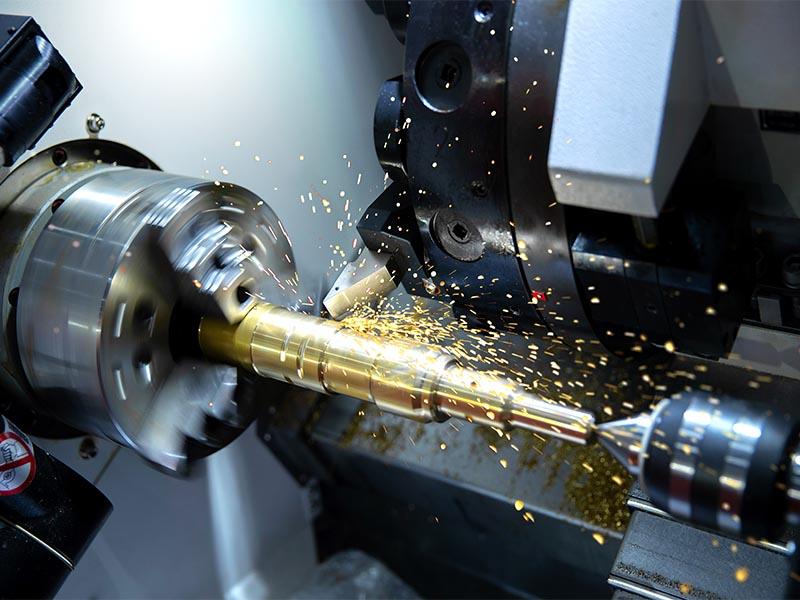CNC Machining: The Spine of Trendy Precision Manufacturing
CNC Machining: The Spine of Trendy Precision Manufacturing
Blog Article
CNC Machining has transformed the manufacturing industry, providing a precise and efficient technique for manufacturing parts and other components for many different sectors. This advanced technology uses computers to control machinery that performs cutting or drilling, milling and other operations on various material types like metals plastics and wood. The degree of precision gained by CNC milling is unrivaled that allows intricate designs to be executed at a high level of accuracy. Through replacing manual input by automation, CNC machines have significantly decreased the chance of human errors and have increased productivity. The combination of precision with efficiency has made CNC the machining process a crucial element of manufacturing today.
What lies at the heart of CNC machining is the ability to convert digital designs into physical parts. Utilizing computer-aided design (CAD) software engineers and designers can create detailed 3D models of the intended part. Digital designs are transferred into precise instructions known as "G-code," which the CNC machine uses to complete tasks like cutting, drilling and milling. The digital control system allows for the most precise of operations which manual machining cannot attain. This also means that after a design is entered into the machine, it is able to be reproduced precisely, creating identical pieces in large amounts with no manual adjustments. It is crucial to have this repeatability for industries where precision and homogeneity are vital.
In addition to its precision, CNC machining is also well-known for its effectiveness as well as its cost-effectiveness. The traditional machining techniques typically require skilled workers to manually adjust and control the machinery this can become time-consuming and expensive. CNC machines eliminate a large portion of the manual work involved in the production process and can operate in complete autonomy for extended time after having been set up. This permits manufacturers to expand their production without needing the need to increase their labor or resources. Furthermore CNC machines are equipped to perform multiple tasks with a single machine which means that there is less need to move parts or reposition the part to save time, and decreases the possibility of mistakes. The automation results in quicker manufacturing cycles as well as lower cost per component, making CNC manufacturing an appealing solution for firms seeking to improve the manufacturing process.
CNC machine's flexibility is another reason why it is now a cornerstone of modern manufacturing. It can work to make use of a variety of different materials, ranging from tough metals such a titanium or stainless steel to softer plastics and wood. This makes CNC machining suitable to make parts suitable for diverse industries including automotive, aerospace, electronic, medical and consumer products. Additionally, CNC machines can perform a range of operations, which include cutting, milling engraving, drilling, and even 3D contouring, all within a single setup. This multifunctionality reduces the need for multiple machines and part transfers, which further improves effectiveness. Whether manufacturing a prototype or producing huge batches of component parts, CNC machining offers the flexibility to meet diverse needs in production. To acquire added information please hop over to this website
CNC Machining is also acclaimed as a versatile machine in terms what materials it's able deal with. From metals like aluminum, steel and titanium to plastics, wood and composites, CNC machines can use a variety of materials to produce parts suitable for a range of uses. This versatility allows CNC machine-making suitable for a range of different industries that have distinct demands for material. For instance, the medical industry typically needs components from biocompatible materials like titanium. Meanwhile, the automobile industry uses tough materials like steel for engines and other components. Whatever the metal, CNC machines can deliver precision cuts and consistently produced result, and ensure that the final product meets the necessary performance and durability standards.
The bottom line is that CNC machineries have become an essential technology in modern manufacturing owing to its precision effectiveness, speed, and adaptability. It has transformed the way production of components, allowing the development of intricate designs with a high degree of precision while also reducing the cost of production and the time it takes. In spite of the initial cost however, the benefits over time of CNC Machining make it an important tool for companies in diverse sectors. As technology advances, CNC machining is likely to play an even more important role in shaping the manufacturing future, driving innovations and helping businesses keep up with the demands of an increasingly competitive international market.